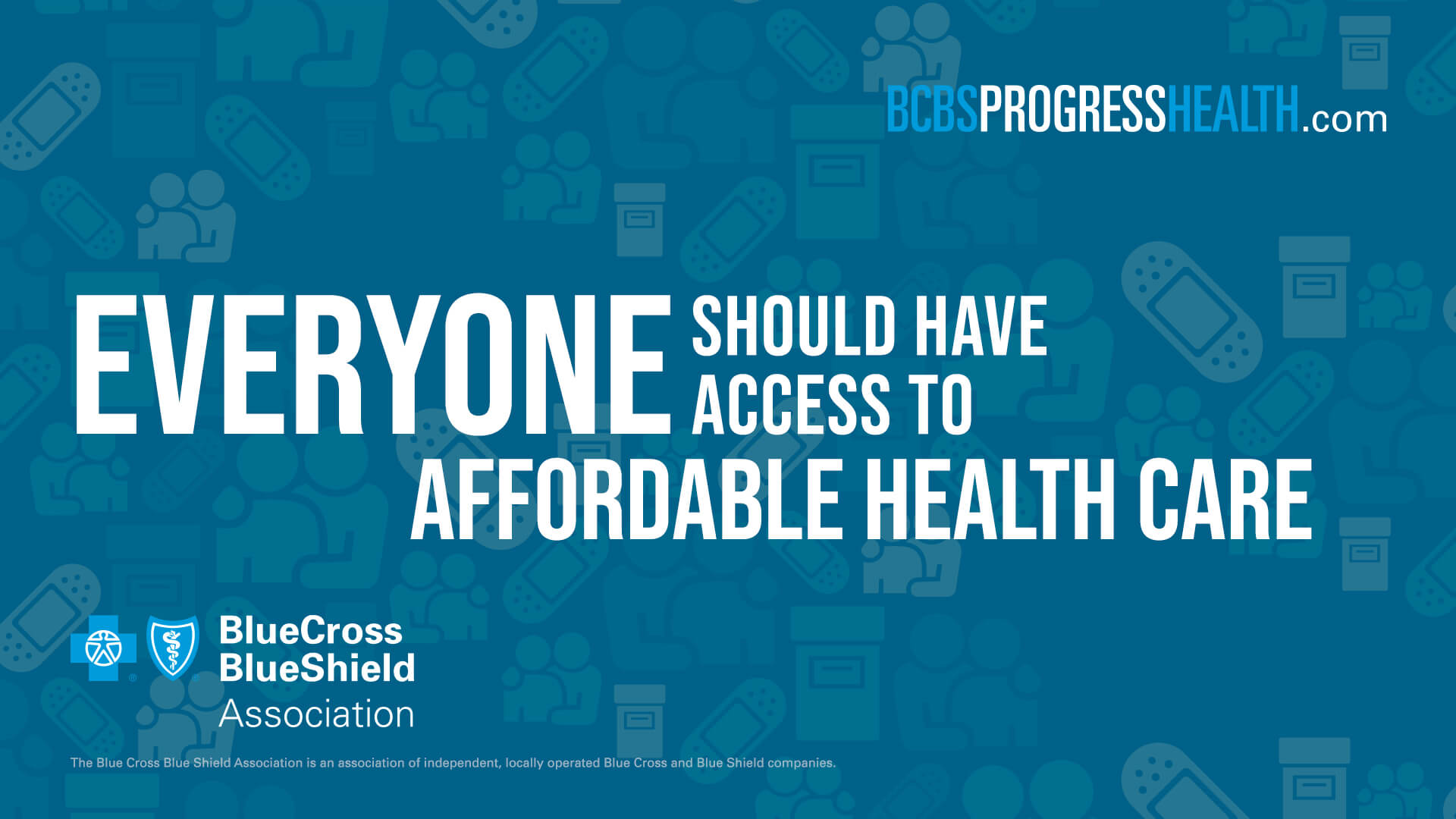| |
| |
| |
| Presented By Blue Cross Blue Shield Association |
| |
| Axios Vitals |
| By Tina Reed ·Oct 21, 2021 |
| Good morning, Vitals readers. Today's newsletter is 1,076 words or a 4-minute read. |
| |
| |
| 1 big thing: Eyeing the booster question |
 |
|
| Illustration: Brendan Lynch/Axios |
| |
| Americans who got the Johnson & Johnson COVID vaccine still don't have much clarity about what they should do if they're eligible for a booster shot. Driving the news: The FDA has now authorized booster shots for all three U.S. vaccines — Pfizer, Moderna and J&J — and has said that Americans don't have to get a booster of the same vaccine they initially received. State of play: Only about 15 million Americans got the J&J shot, compared to the nearly 70 million who received Moderna and nearly 105 million who received Pfizer. And the ability to mix booster doses will likely set J&J back further. - NIH data found that people who initially received J&J's vaccine had a stronger neutralizing antibody response if they received a Pfizer or Moderna booster than if they got a second J&J shot.
- Leana Wen, who is an emergency physician and public health professor at George Washington University, writes in the Washington Post that a second J&J shot may be a good option for some, but the slightly increased risk for women under 50 for a blood-clotting disorder made an mRNA shot a better option for her personally.
The other side: J&J reported last week the second dose of its vaccine provided 94% protection against symptomatic COVID-19 cases in the United States. - The J&J shot isn't waning in its efficacy, but probably should have been a two-dose series to begin with, Peter Hotez, dean of the National School of Tropical Medicine at Baylor College, told Axios.
- While the NIH study found the initial antibody response was higher when a J&J dose was followed with an mRNA dose, Hotez said, we don't yet know how durable that immune response will be.
The bottom line: "There are risks and benefits with anything we do," Jaimie Meyer, an infectious diseases physician, told a Yale Medicine publication. "It's good to be able to give people different options that work for their lives." Go deeper. |
    |
| |
| |
| 2. COVID cases and deaths keep falling |
 Data: N.Y. Times; Cartogram: Kavya Beheraj/Axios America's coronavirus outbreak is rapidly improving as the Delta wave recedes, and vaccines for kids — which could become available within weeks — will help the situation improve even further, Axios' Sam Baker writes. By the numbers: Nationwide, the U.S. is now averaging about 79,000 new cases per day — a 22% drop over the past two weeks. - COVID-19 deaths have fallen by 14% over the same period, to an average of 1,600 per day.
Where it stands: Hawaii has the lowest number of new cases relative to its population, followed by Florida and Louisiana — which were hotbeds for the virus this summer. - Alaska, Montana and Idaho have the highest number of cases relative to their populations. Cases per capita are also creeping up in New England.
The big picture: Experts are cautiously optimistic that the virus will continue to lose ground throughout the United States. - Holiday travel will likely cause some spikes in new cases. The risk will be greatest in places with low vaccination rates, and people who aren't vaccinated will remain at risk for serious illness and death.
- But the U.S. as a whole is on the right track.
Check out Kavya's interactive cartogram. |
    |
| |
| |
| 3. Aduhelm's big miss |
 |
|
| The average list price of Aduhelm is roughly $4,300 per monthly infusion. Photo courtesy of Biogen |
| |
| Biogen sold $300,000 worth of Aduhelm in the third quarter, well below Wall Street's expectations, Axios' Bob Herman writes. - It prompted analysts at Raymond James to call the Alzheimer's drug "potentially the worst drug launch of all time" amid Biogen's "persistent hyperbole about the drug's purported benefits."
The big picture: Aduhelm's controversial approval and high price tag have shaped the market reaction. Health insurers are hesitant to cover Aduhelm until Medicare makes a decision next year, and doctors aren't embracing the drug, either. What they're saying: Biogen CEO Michel Vounatsos told Wall Street analysts yesterday the main reason there has been almost no uptake of Aduhelm is the "lack of clarity on reimbursement," which Medicare will clear up by next year. - Biogen has no short-term plans to lower the price of Aduhelm — which is about $4,300 per monthly infusion for the average patient, or $56,000 annually — because "price doesn't come up as the first worry," Vounatsos said.
- The company declined to comment further.
What we're watching: Biogen executives said the company submitted Aduhelm's clinical trial results "to a top-tier journal with a manuscript now under peer review," but did not provide any further details. Read more. |
    |
| |
| |
| A message from Blue Cross Blue Shield Association |
| Reducing racial disparities in maternal health |
| |
 |
| |
| Women of color are two to three times more likely to die from pregnancy-related complications than white women. See how Blue Cross and Blue Shield companies nationwide are working to reduce racial disparities in maternal health by 50% in five years. |
| |
| |
| 4. Pig kidney tested in human |
| A kidney from a pig was temporarily transplanted into a human at NYU Langone, in what's being called a major step in creating new sources for organs, USA Today reported. Why it matters: Organs are already in short supply and COVID-related complications are only adding to the demand. - A number of biotechs have been exploring methods of "xenotransplantation," including growing organs in animals, to increase the supply of organs for transplant.
Details: A kidney was taken from a pig genetically modified to be more likely to be accepted by a human recipient, NPR wrote. - The organ was attached for three days in an experimental procedure on a brain-dead patient, the Economist wrote.
- It will still likely be years until this becomes routine.
My thought bubble: It once sounded crazy, but these folks really are, in essence, planning to someday manufacture organs for humans like spare parts for a car. - "Just like we keep cars and planes and buildings going forever with an unlimited supply of building and machine parts, why can't we create an unlimited supply of transplantable organs?" Martine Rothblatt, the CEO of United Therapeutics, said in a 2015 TED Talk.
|
    |
| |
| |
| 5. Infectious diseases rise due to climate change |
 |
|
| Illustration: Aïda Amer/Axios |
| |
| Climate change is creating ideal conditions for infectious diseases to spread more quickly, endangering millions of lives, Axios' Marisa Fernandez writes about the Lancet's annual climate report, out Wednesday. Why it matters: It's just one of the increasingly urgent threats to human health emerging from global climate change. State of play: The report comes as world leaders including President Biden prepare to meet for the COP26 UN Climate Change Conference in Glasgow. Details: The report pleads with leaders to find more sustainable solutions in nations' emergency action plans as they recover from the pandemic and reinvest in their infrastructures. |
    |
| |
| |
| 6. Quote du jour |
| "He deals in the industry of false hope, capitalizing on the fear we all have that our environment is a toxic hell. ... He is the lowest level of charlatan, taking advantage of parents who are desperate." — Paul A. Offit, infectious diseases expert at Children's Hospital of Philadelphia, to CNN in a story about a doctor who regularly spreads misleading information about COVID vaccines |
    |
| |
| |
| A message from Blue Cross Blue Shield Association |
| Ensuring access to affordable health care |
| |
 |
| |
| Everyone should have access to affordable health care, no matter who you are, where you live or what your health condition may be. See how Blue Cross and Blue Shield companies are working to improve health and make care more equitable and affordable. |
| |
| 😎Did someone share this newsletter with you? Here's how you can subscribe. |
 | | It'll help you deliver employee communications more effectively. | | |









No comments:
Post a Comment